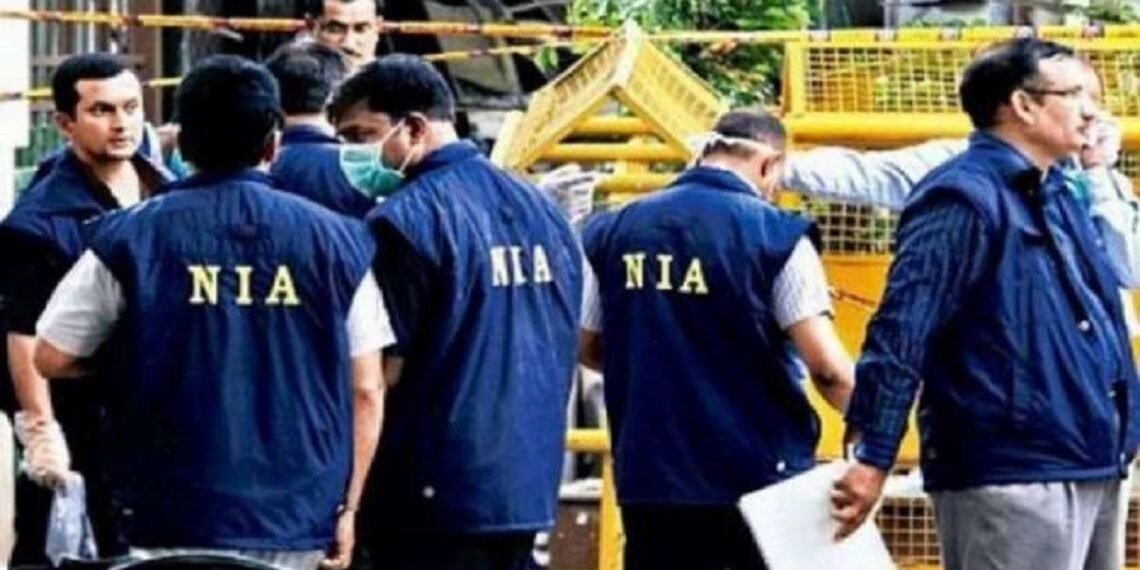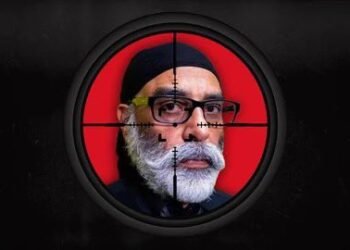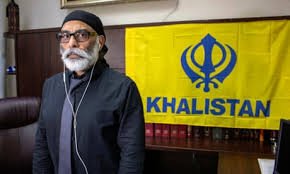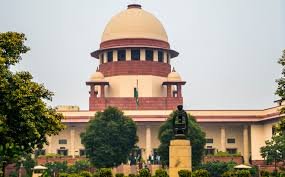This is the first of a five-part series examining the dramatic sequence of events surrounding the arrest, bail, and re-arrest of Thangminlen Mate, a Kuki-Zo community leader and schoolteacher from Manipur’s border town of Moreh. In this first part, we focus on the grounds on which the Special NIA Court granted him bail, exposing lapses in procedure by India’s premier anti-terror agency.
BY NAVIN UPADHYAY
July 4, 2025 — In a scathing indictment of procedural lapses by India’s top anti-terror agency, the Special NIA Court in Guwahati on June 18 granted bail to a Kuki-Zo community leader Thangminlen Mate alias Lenin Mate. The court observed that his arrest was vitiated by constitutional violations and non-compliance with statutory provisions under the Bharatiya Nyaya Sanhita (BNSS).
However, a seemingly chastened National Investigation Agency (NIA) was in no mood to let Mate walk out in freedom. The moment he stepped out of the prison in Guwahati, the NIA promptly rearrested him under various other sections of the Unlawful Activities (Prevention) Act (UAPA) and the Arms Act, this time taking care to complete all the requisite formalities. This immediate re-arrest underscored the NIA’s determination to keep Mate behind bars, despite the NIA counsel, during the bail hearing, furnishing little evidence beyond claims made by Manipur police commandos regarding Mate’s involvement in a deadly ambush.
Mate was last produced before a special NIA court in Guwahati on July 1. Later, on June 24, the Moreh police formally arrested Mate from the custody of the NIA Guwahati. He was then produced before the Special Court NIA Imphal West virtually from Kamrup Central Jail, Guwahati.
The NIA Court Imphal West ent him to judicial custody till July 8. Thangminlen Mate alias Lenin Mate. The Special Public Prosecutor for the State submitted that an FIR was registered against Mate with the Moreh police based on a complaint filed by the ASI of Special Commando Unit of Khabeisoi in January last year.
READ: Honoring a Life of Light: Celebrations Across Continents for Dalai Lama at 90
Mate, a member of the Kuki-Zo community and a schoolteacher from Moreh, had been initially arrested on May 19 by the NIA. His arrest was in connection with an ambush on an IRB post in January 2024 that resulted in the death of one personnel and injuries to several others. He was booked under serious charges, including Sections 121 and 121A (waging war against the state), 302, 307 of the Indian Penal Code, and provisions of the Arms Act, Explosive Substances Act, and the Unlawful Activities (Prevention) Act (UAPA).
However, in a detailed 19-page order, the Special NIA Judge held that the NIA had critically failed to comply with Section 48 of the BNSS and Article 22(1) of the Constitution. These provisions mandate that the grounds of arrest must be communicated not only to the accused in writing but also to a relative or a nominated person. While the agency claimed that Mate’s father had been informed, the judge noted that “the case record nowhere reveals that the father of the accused has been informed about the grounds of arrest… in writing as required.”
READ: Centre to Hold Crucial Talks with Kuki SoO Group Amid Rising Tensions
The judge observed, “Though there is compliance with Section 47 of BNSS [which mandates informing the arrestee], there is non-compliance of Section 48… which is writ large on the face of the record.” The court emphasized that such a violation of constitutional safeguards rendered the arrest itself illegal.
Citing recent Supreme Court rulings, including Vihaan Kumar vs State of Haryana and Prabir Purkayastha vs State (NCT of Delhi), the court underscored that non-compliance with Article 22(1) is not a mere technicality. Instead, it constitutes a fundamental rights violation that can nullify even the statutory restrictions on bail under the UAPA. The judge unequivocally held, “The statutory restrictions do not affect the power of the court to grant bail when the violation of Articles 21 and 22 of the Constitution is established.”
During the bail proceedings, the prosecution had contended that Mate was a member of a militant group responsible for the Moreh attack and had been identified by commandos during interrogation. Conversely, Mate’s counsel, Mr. Alongbar Basumatary, argued before the court that the accused was not in hiding, possessed no known links to any banned organization, and was arrested merely because he belongs to the Kuki community amidst ongoing ethnic tensions in Manipur. He also highlighted that Mate had been accompanying his sister to Aizawl, Mizoram, for the UPSC preliminary examination and was not even in Moreh at the time of the incident. Furthermore, Basumatary drew attention to the lack of evidence tying Mate to any banned organization listed in the First Schedule of the UAPA, stating that “invoking Section 16 of UAPA is not maintainable.”
READ: No Peace Without Alternate Roads: Kuki Rights Group Warns Centre
The Special Judge concurred that the violation of constitutional safeguards outweighed the NIA’s assertions. The judge stated, “In such circumstances, irrespective of statutory restrictions, the accused is entitled to be released on bail as his detention appears to be illegal in the eye of law.”
IN his concluding remark , the Judge noted, “In the face of violation of Article 21 and Article 22 of the Constitution of India as it transpires in the instant case from record, the contention of the learned P.P., NIA that there is statutory restrictions in granting bail to accused under Section 43D (5) of UA(P) Act has no leg to stand because in such circumstances, irrespective of statut on; restrictions, in the face of non-compliance of section 48 of BNSS accused is entitled to be released on ball as Ills detention appears to be illegal in the eye of law. Therefore, the Court has no option but to release Thangminlen Mate alias Lenin Mate on bail.”














